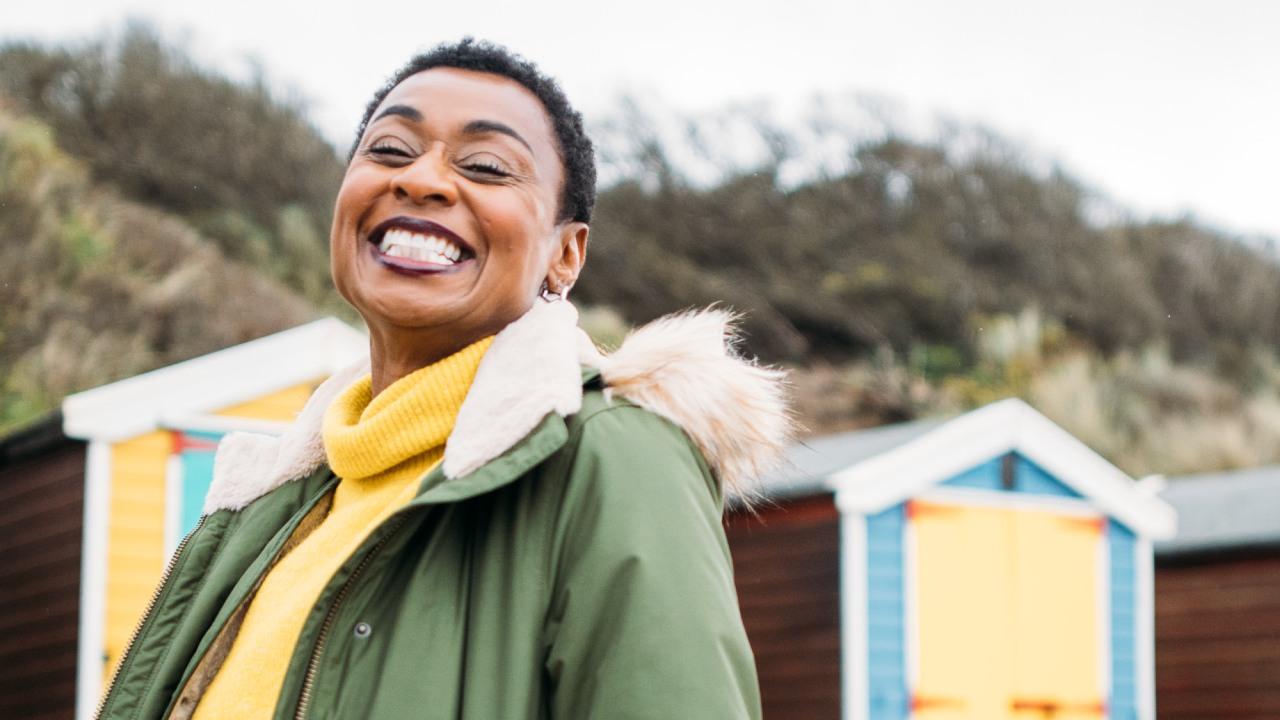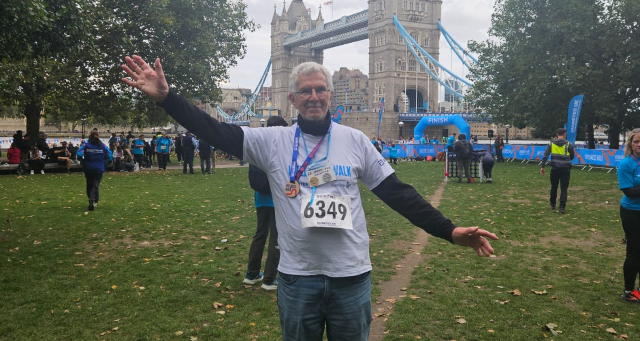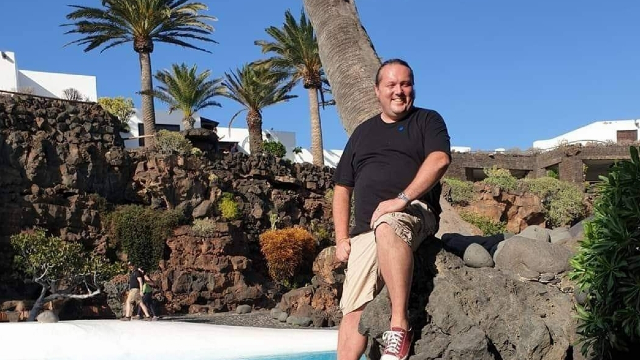
Michelle Griffith-Robinson OLY
When I was diagnosed with prediabetes in 2018, it came as a massive shock to me.
Michelle has always been athletic, so when she was diagnosed with prediabetes it came as quite a shock. Now she wants to make sure others understand why the stereotypes around type 2 are unhelpful, and untrue.


